
Geofusion
The Power of Geography and the Mapping of the 21st Century
Recommendation
Geographer Norbert Csizmadia argues that despite globalization and digital connectedness, geography and place retain prime importance. Geography determines the political and economic fates of people, including their development, health and quality of life. To make his arguments, Csizmadia quotes various experts and refers to global conflict, politics and power. He points to the impact of economics and the rising influence of city-regions. Despite sporadic references and a few not-quite-connected ideas, this is an insightful study with useful and sometimes profound insights.
Summary
About the Author
Chief editor of Hungarian Geopolitics magazine Norbert Csizmadia focuses on the intersection of place, politics, economics and world affairs.


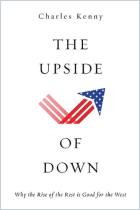
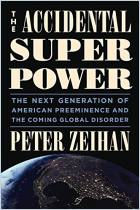
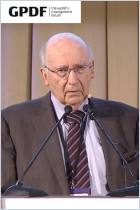
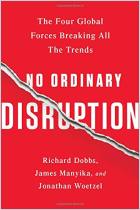
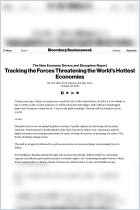
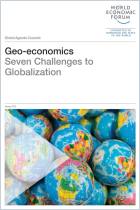



Comment on this summary